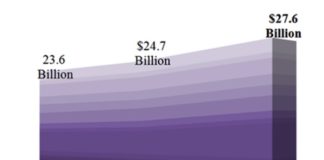Pharma Industry News Update: 1 March 2016
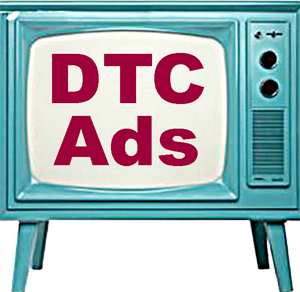 The End of Pharma TV? Not Likely! But Consider a Partial Ban
The End of Pharma TV? Not Likely! But Consider a Partial Ban
The American Medical Association, to its credit, has asked the federal government to ban these direct marketing ads. Citing “a growing concern” among physicians about the negative impact of these constant promotions directly to the pubic, it says, “A growing proliferation of ads is driving demand for expensive treatments despite the clinical effectiveness of less costly alternatives” (read “AMA Calls for a Ban on Direct-to-Consumer Drug Ads“).
Given that Big Pharma is, year-in year-out, the top spender on lobbying members of Congress, and that legal challenges would certainly follow any ban of the TV ads, the AMA request has about as much chance of passage as the proverbial snowball in Hades.
But what about a partial ban?
See my proposal here.
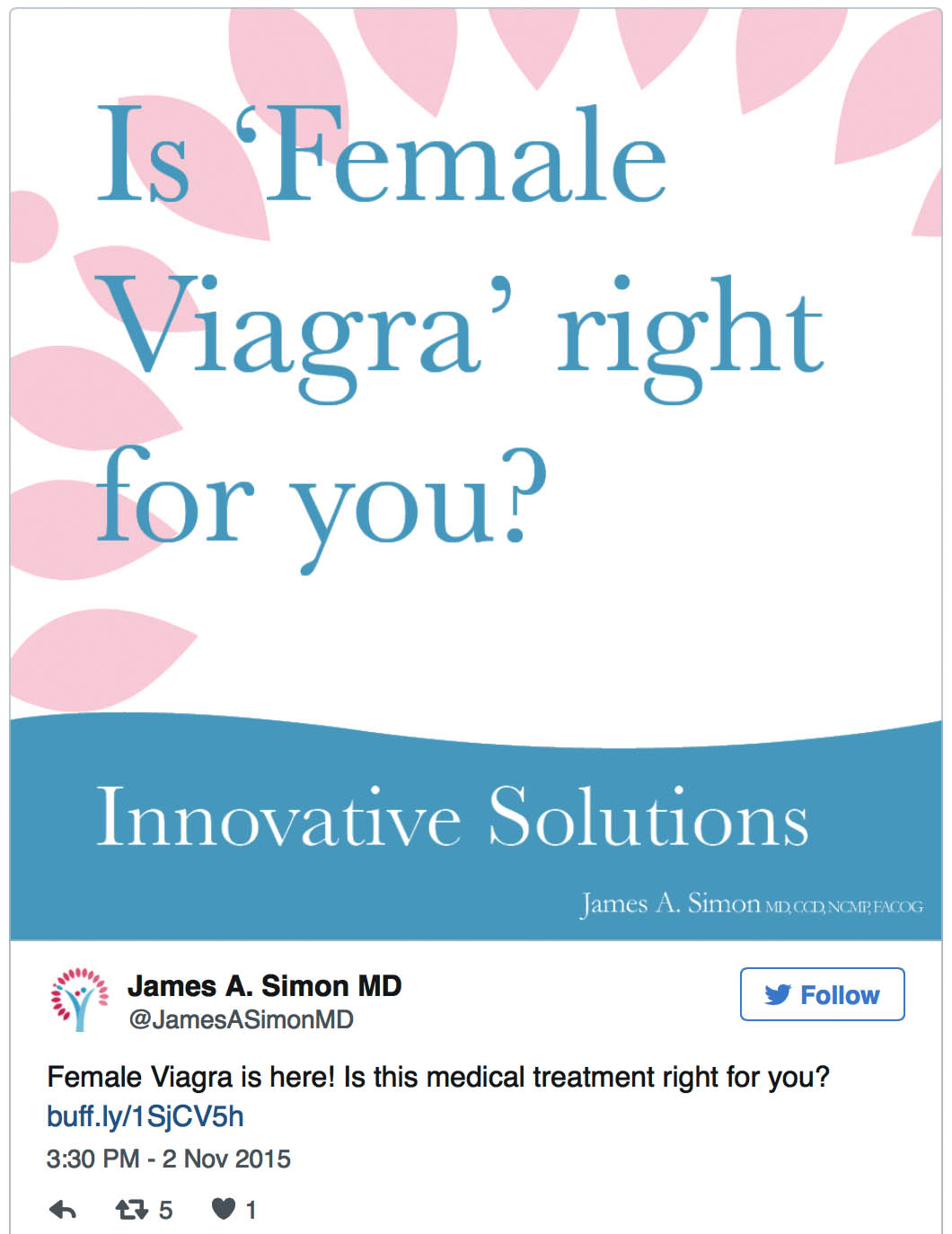 Docs Who Tweet About Drugs Are they paid to do it by pharma?
Docs Who Tweet About Drugs Are they paid to do it by pharma?
Physicians across the United States routinely offer medical advice on social media – but often fail to mention that they have accepted tens and sometimes hundreds of thousands of dollars from the companies that make the prescription drugs they tout.
A STAT examination of hundreds of social media accounts shows that health care professionals virtually never note their conflicts of interest, some of them significant, when promoting drugs or medical devices on sites such as Facebook, Instagram, and Twitter. The practice cuts across all specialties.
Among the cases of note:
- Women’s health specialists who serve as consultants for the company that developed Addyi, the female libido drug, use Twitter to promote that medication and related treatments.
- A child psychiatrist featured on YouTube steers viewers to the website for Saphris, an antipsychotic drug made by Allergan, which has paid her to promote it.
- An internist posts on Facebook about the positive effects of a cholesterol drug manufactured by a company that paid him nearly $60,000.
Even if these docs are not being paid to tweet, what are the ethical guidelines that should be followed?
Find out here.
High Drug Costs Blame Game Who Presidential Candidates Blame
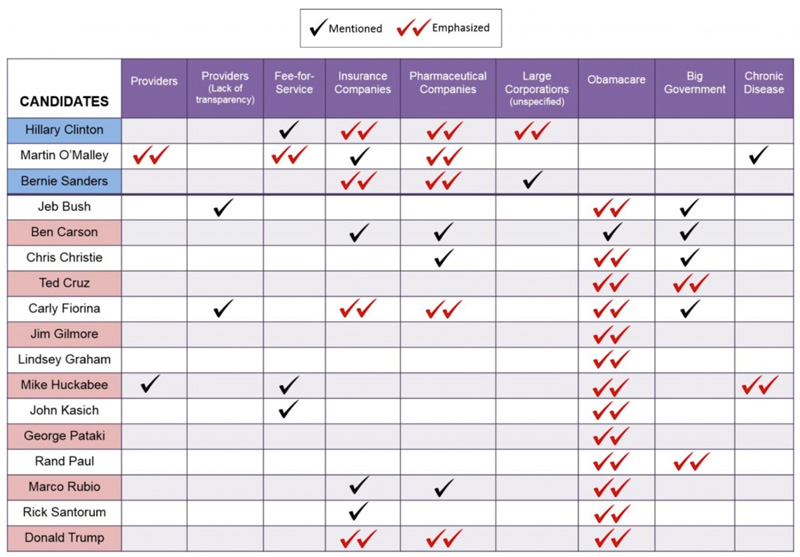 The United States far out spends peer countries on healthcare. When American politicians complain about these high healthcare costs, they often vilify pharmaceutical and insurance companies for profiting at the expense of the general public. Such vilification is misguided, pushing too much of the blame on individual actors rather than on the system that incentivizes individuals to act those ways.
The United States far out spends peer countries on healthcare. When American politicians complain about these high healthcare costs, they often vilify pharmaceutical and insurance companies for profiting at the expense of the general public. Such vilification is misguided, pushing too much of the blame on individual actors rather than on the system that incentivizes individuals to act those ways.
So what it is about the system that politicians believe is to blame for the staggering cost of medical care in the United States?
Find out here.
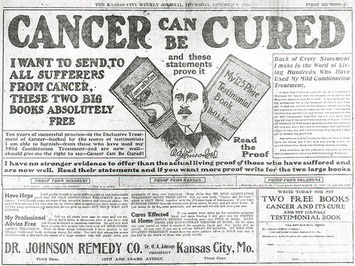 The History of Pharma Marketing From Cancer Cure Potions to “Cancer Cure” Drugs
The History of Pharma Marketing From Cancer Cure Potions to “Cancer Cure” Drugs
Discover the history of pharmaceutical marketing — from the days of snake oil sales tactics to today’s heavy regulation.
From the viewpoint of the pharmaceutical companies, direct-to-consumer marketing is advantageous for consumers. They argue that it helps to educate patients about different drug options, it encourages patients to get in touch with — and have a dialogue with — health care providers, and it helps to reduce the under-diagnosis (and under-treatment) of medical conditions.
Detractors would counter, however, that direct-to-consumer marketing often leaves patients misinformed, that it over-emphasizes the benefits that drugs provide, and that it leads to the unnecessary prescribing and over-utilization of drugs. Furthermore, the opposition contends that this type of marketing can strain patient/doctor relationships. (Just imagine someone watching a 30-second commercial and then trying to convince a doctor — with 30 years experience — that taking X drug is the best course of action.)
Read more here.
Do Patients Rely on Mobile Healthcare Apps More Than Their Doctors?
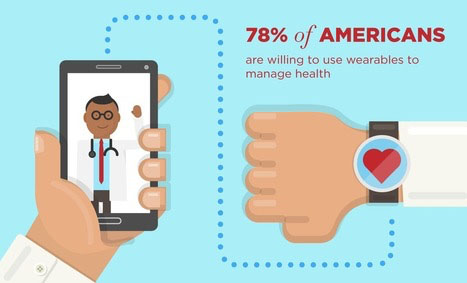 Find out here.
Find out here.






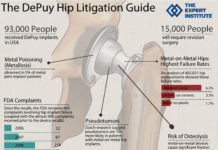

![6 Digital Tools at the Center of Healthcare Digitalization [INFOGRAPHIC]](http://ec2-54-175-84-28.compute-1.amazonaws.com/pharma-mkting.com/wp-content/uploads/2021/04/6DigitalTools_600px-100x70.jpg)




